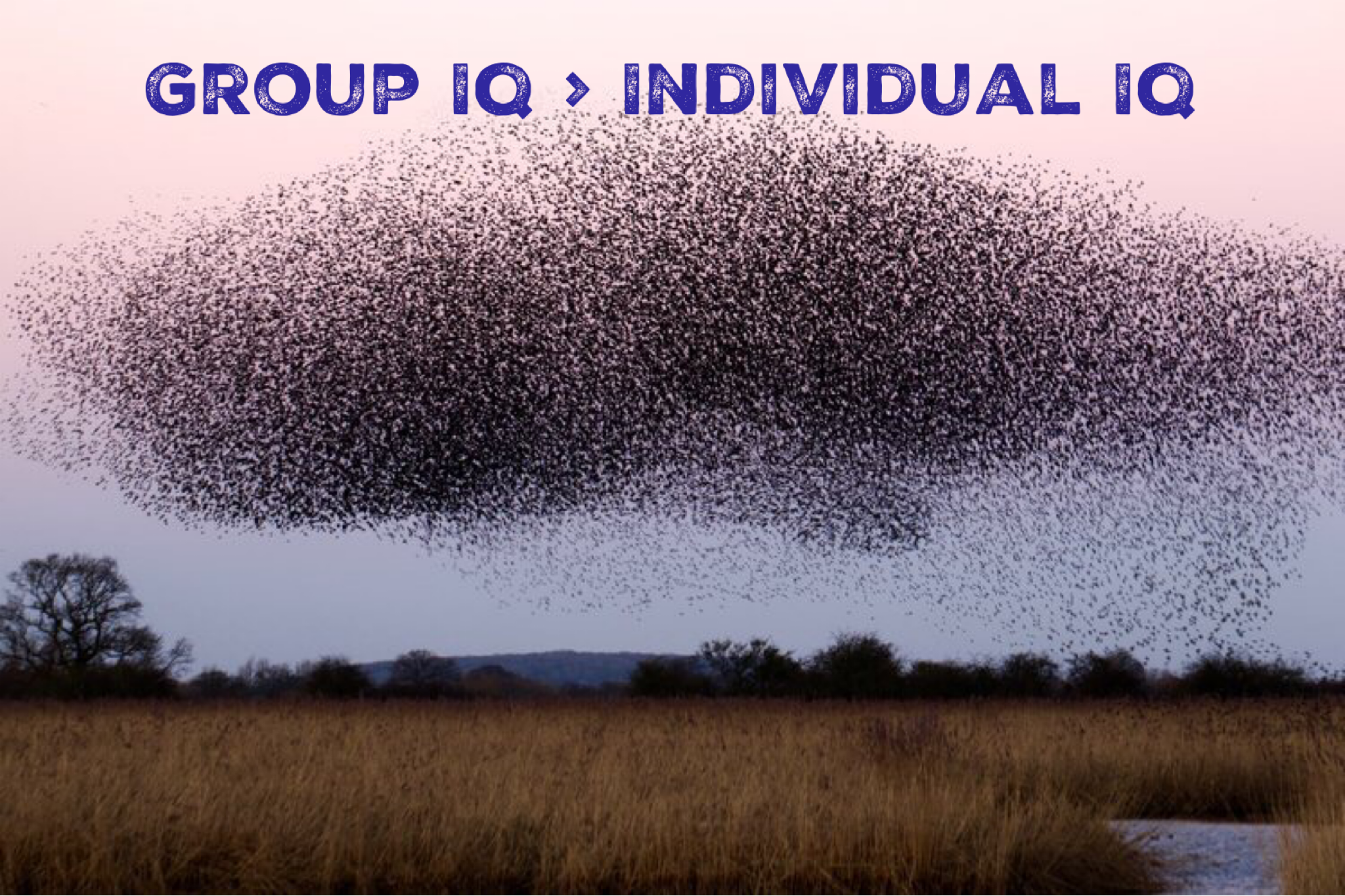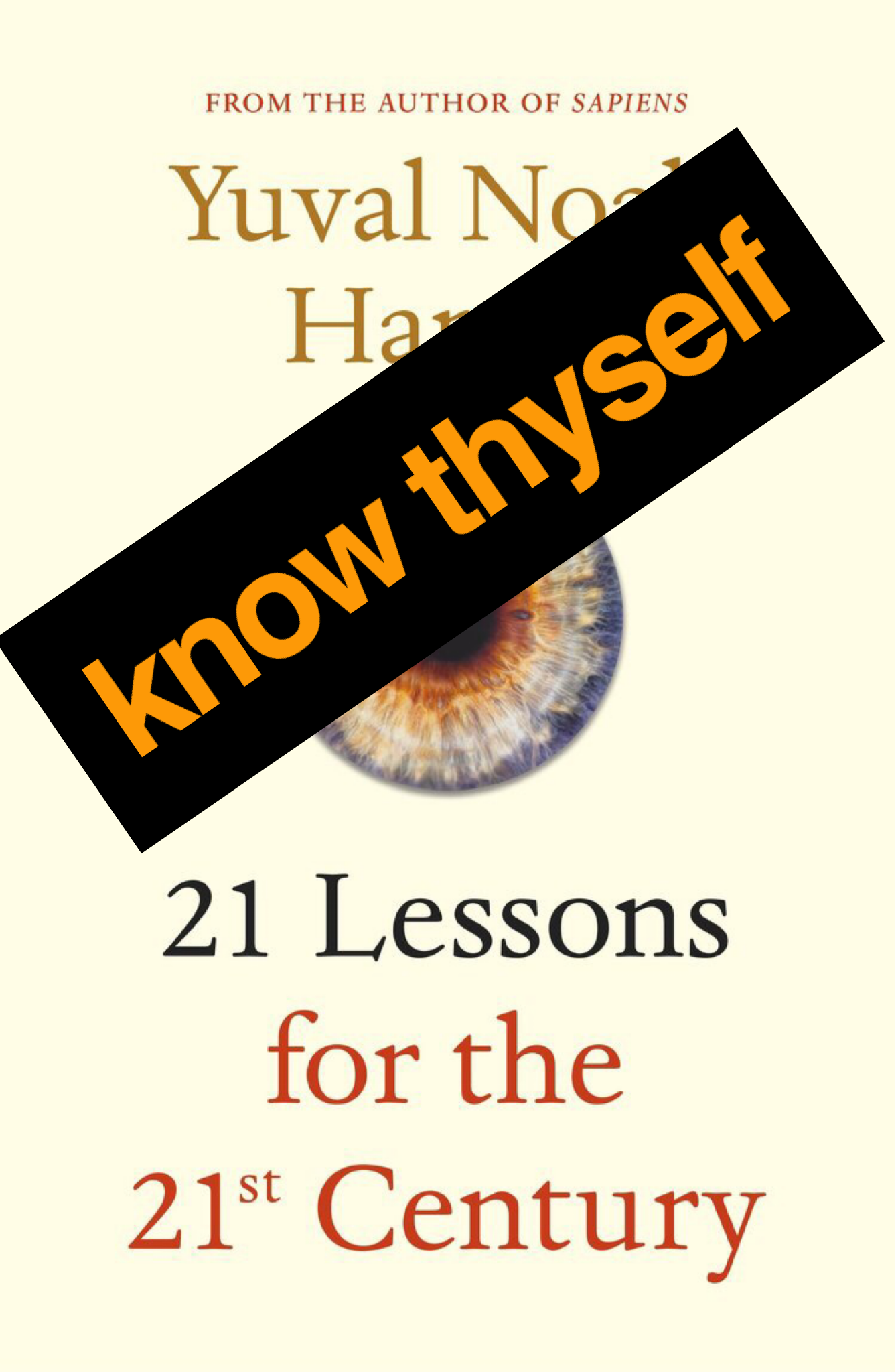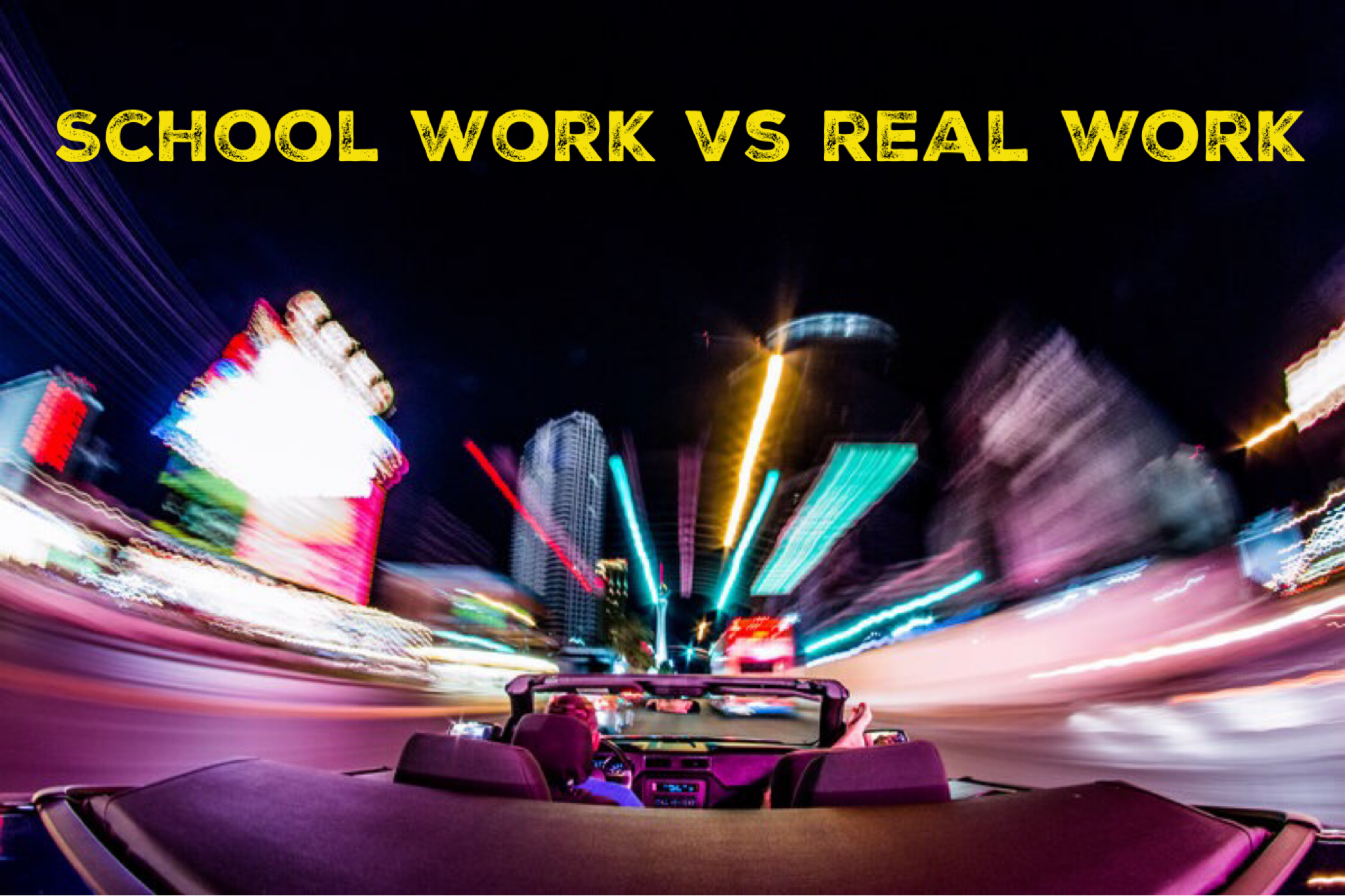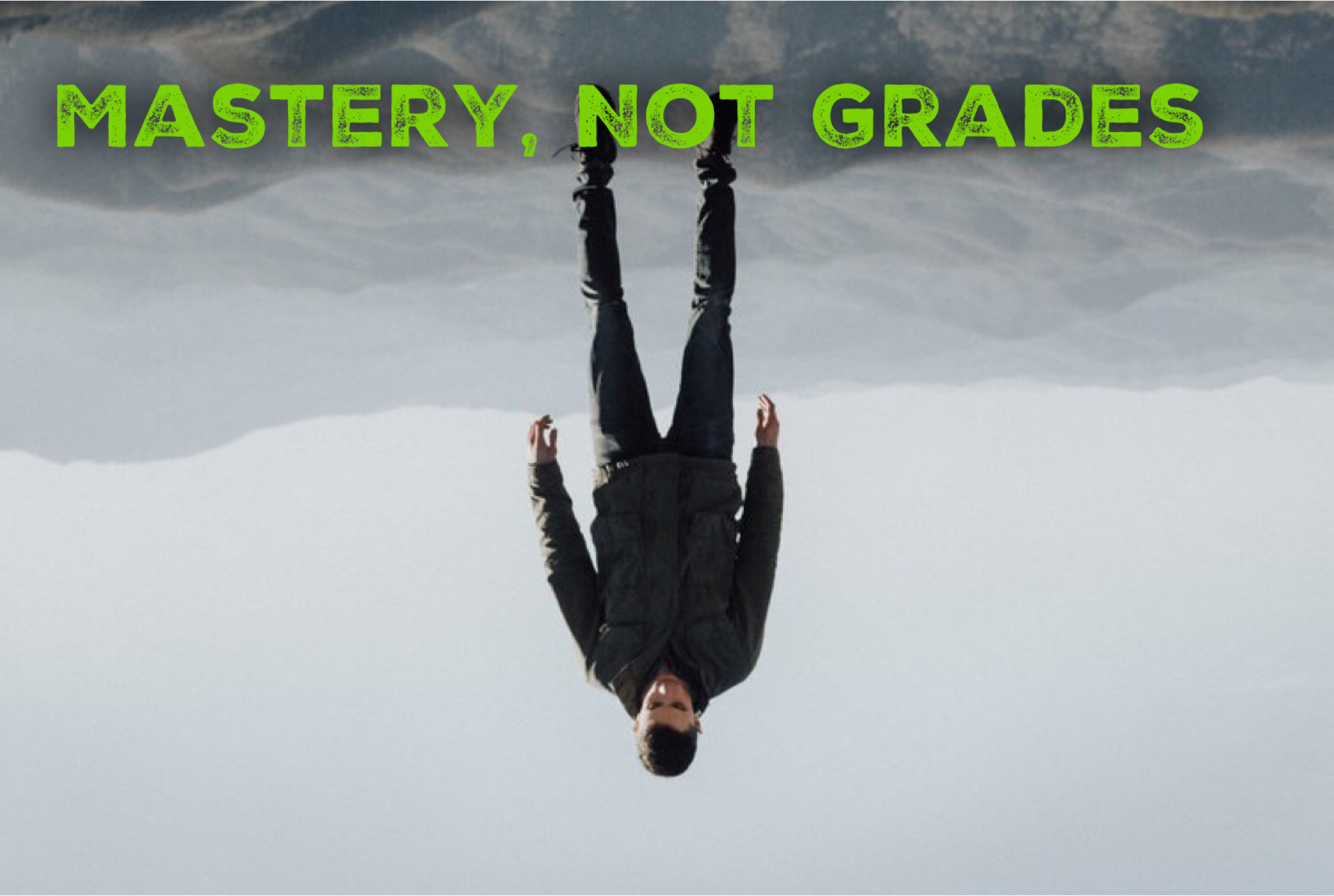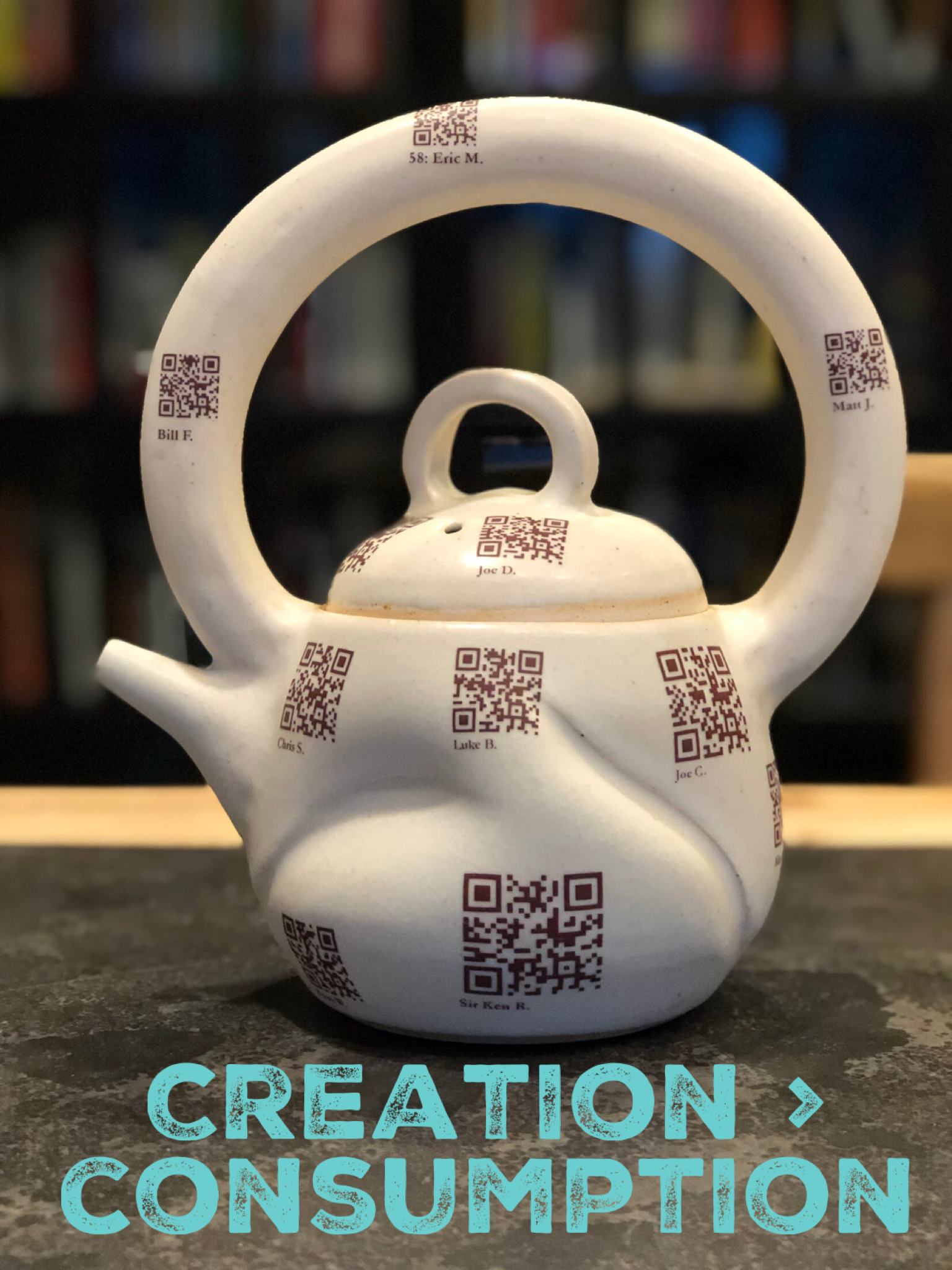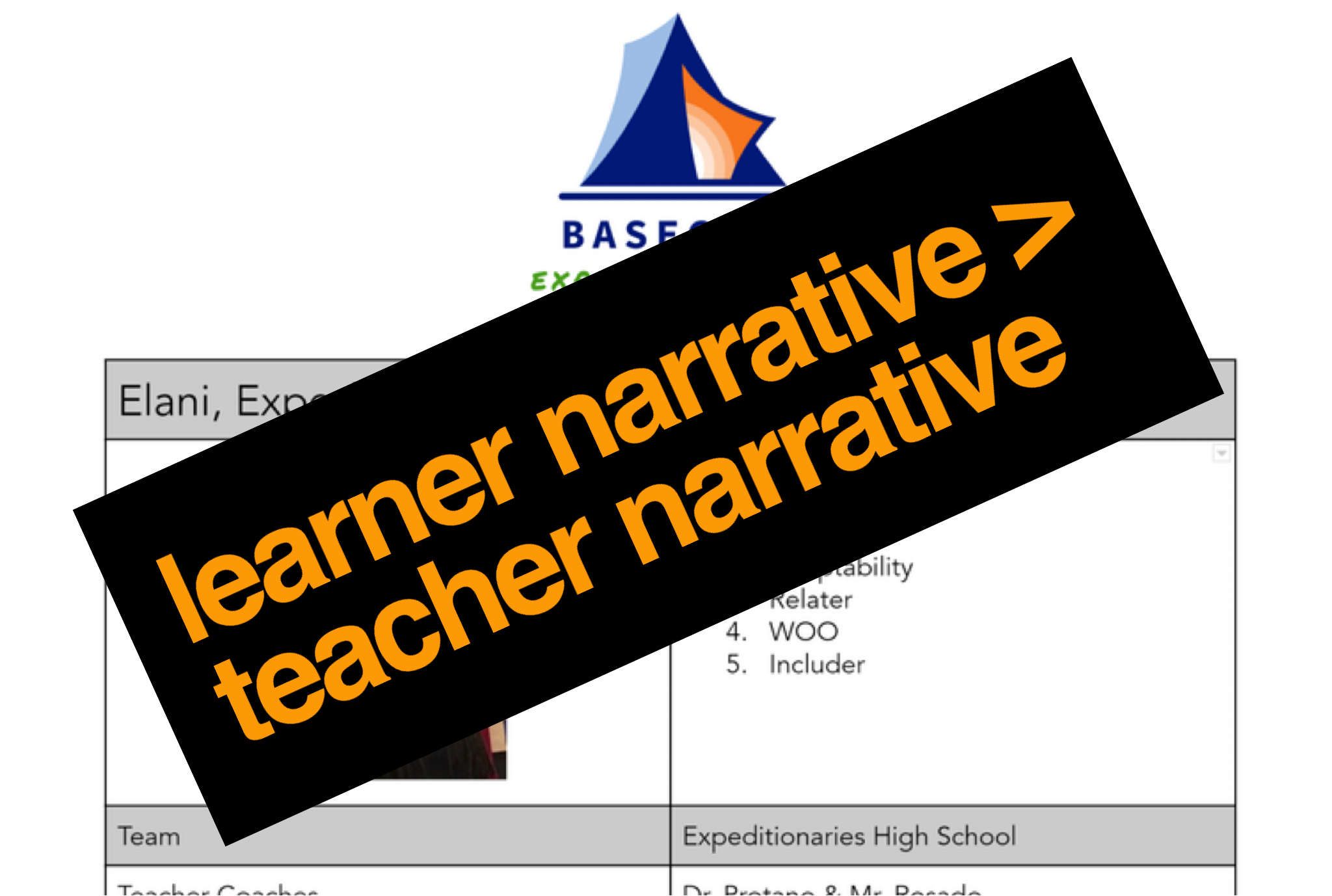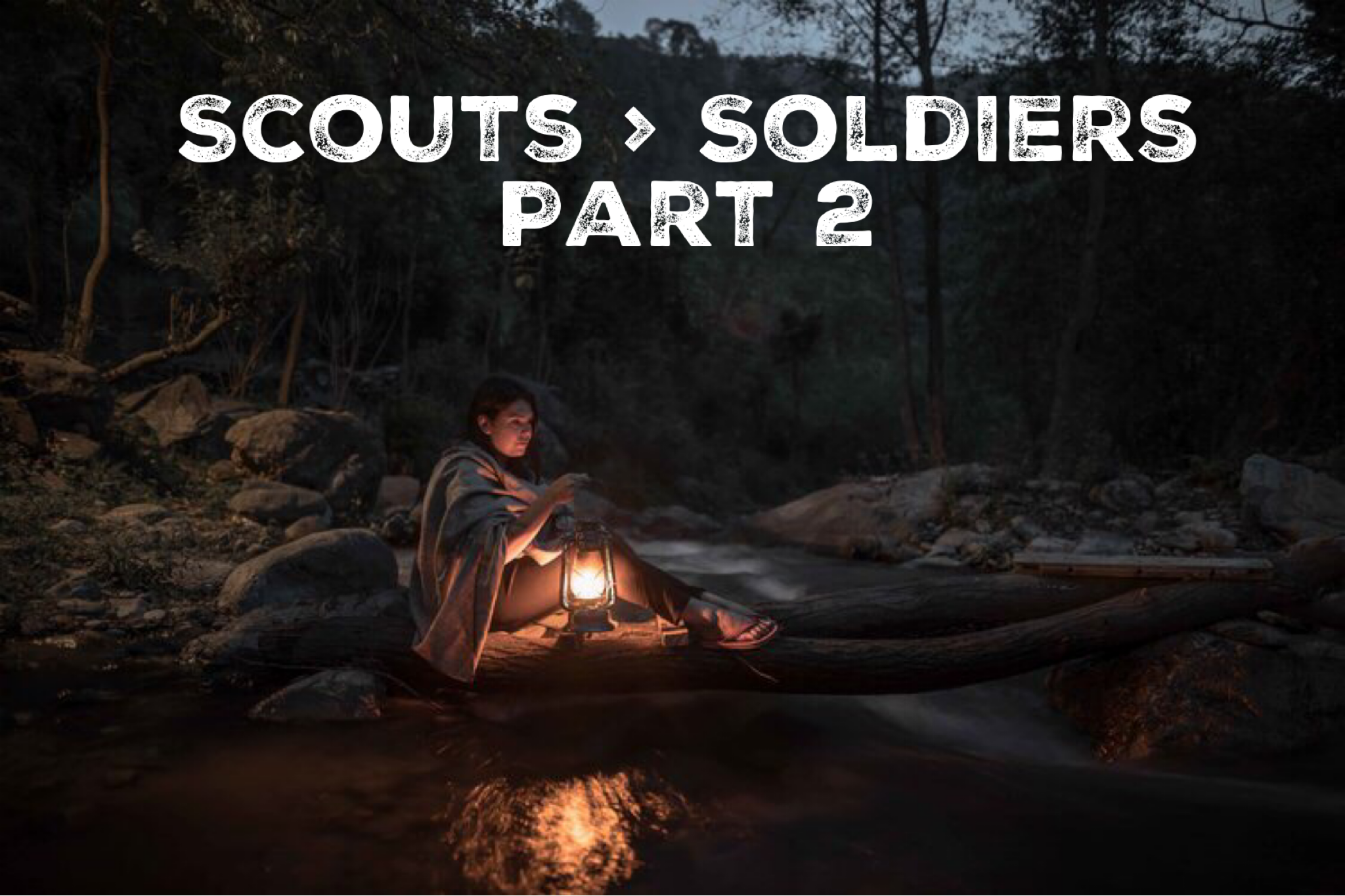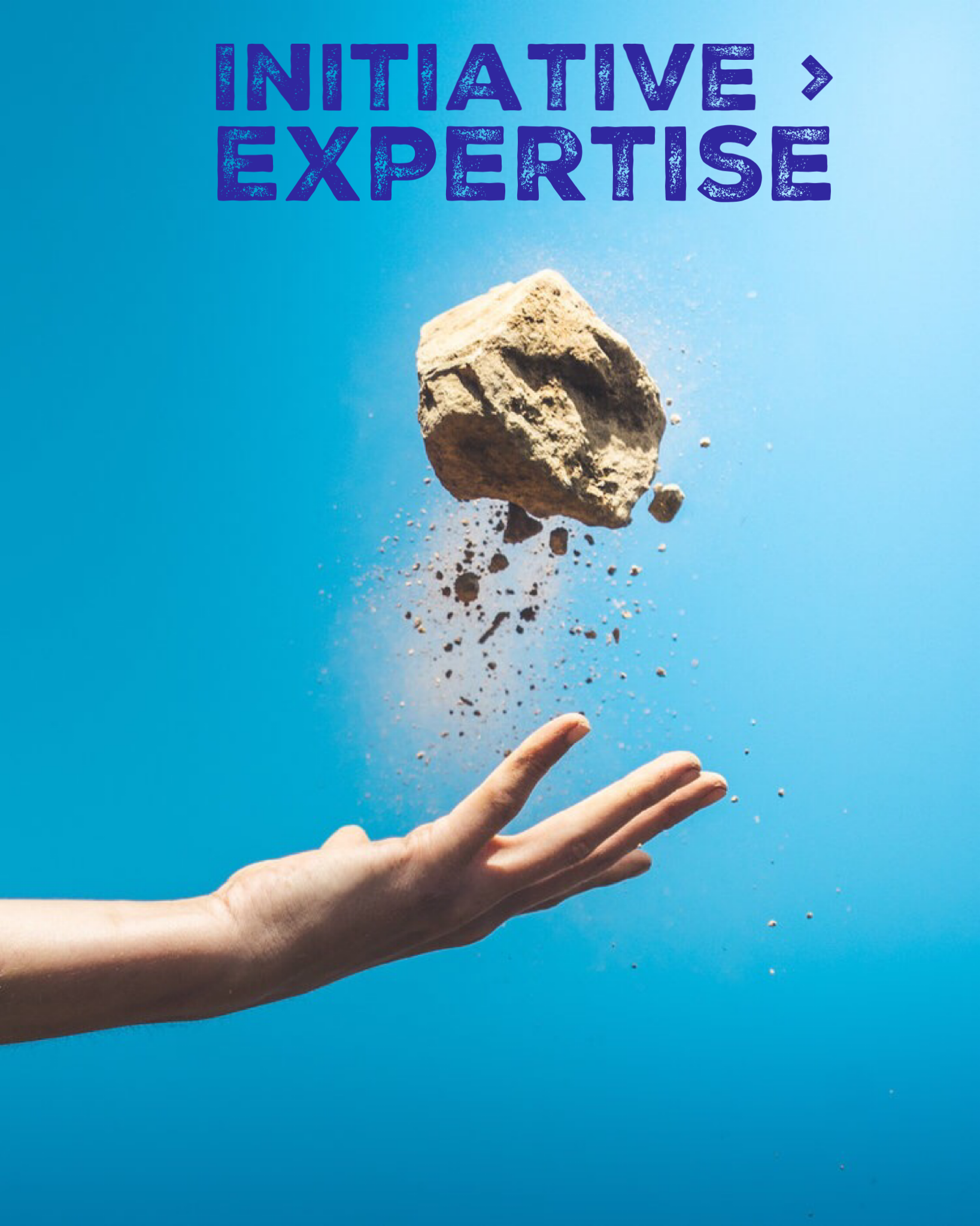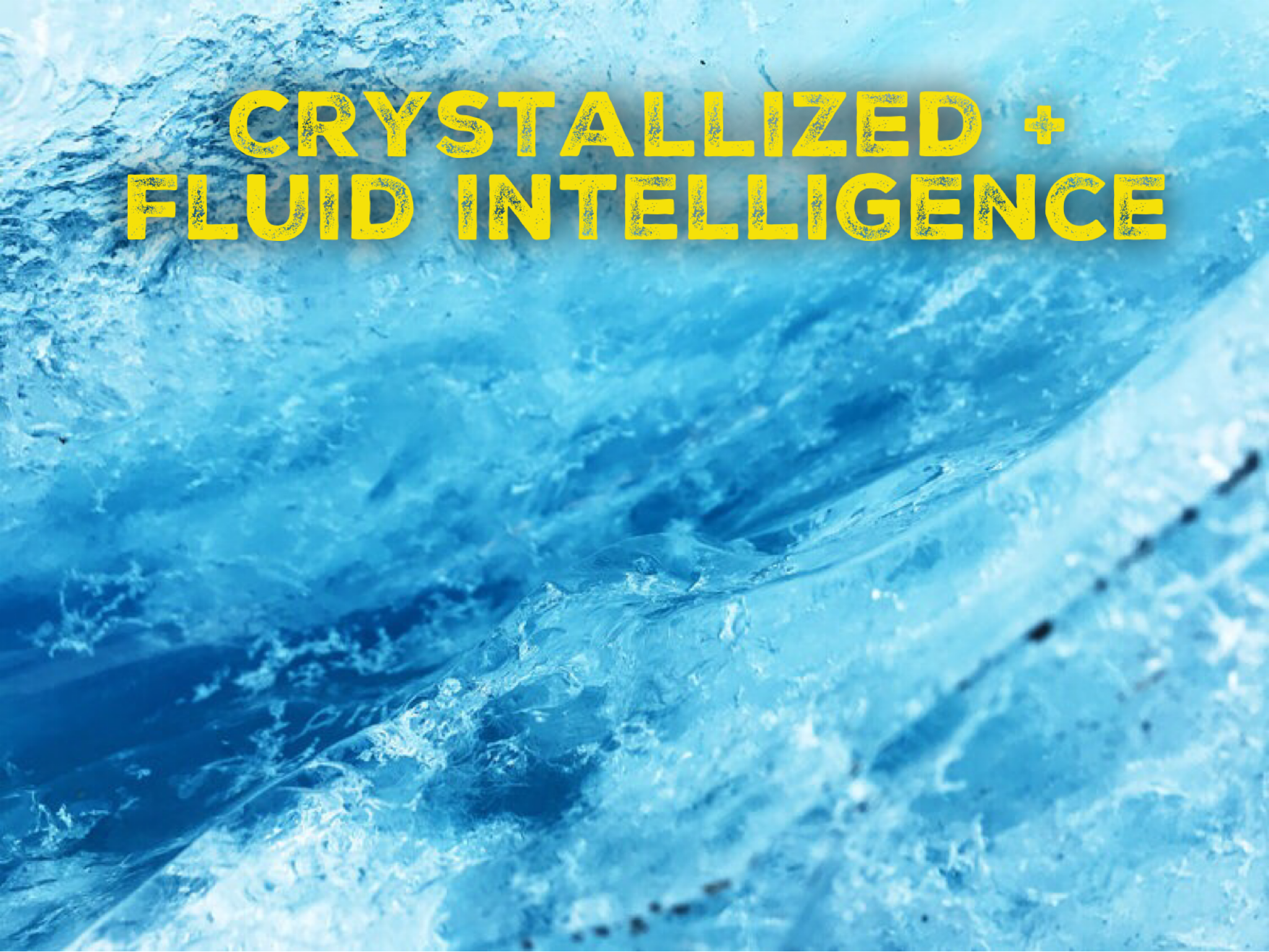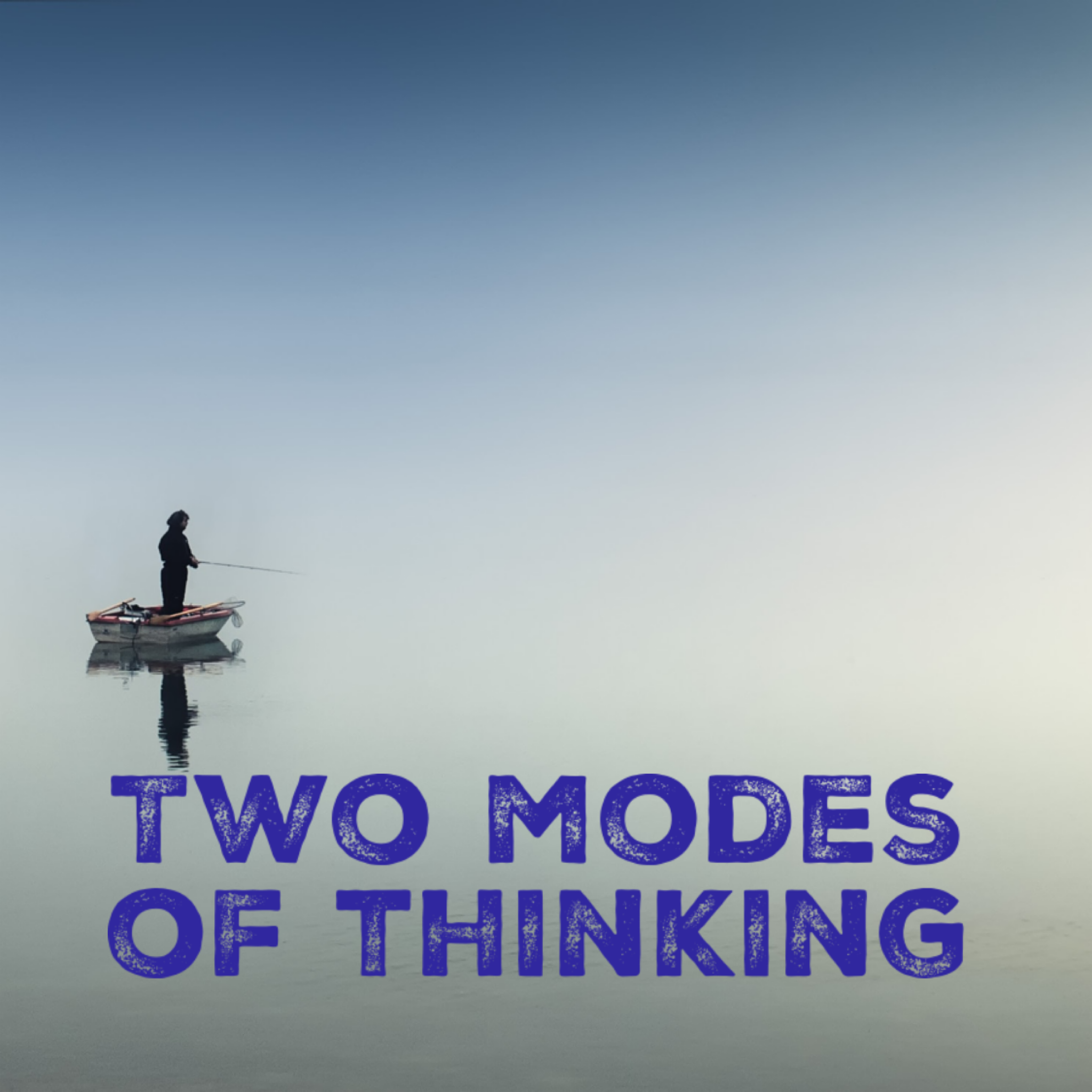School of the Future: Creation > Consumption
A tea pot crafted by a Malvern Prep student in 2013 as part of an exploration of “flow.” The bottom-center QR code brings you to this brief interview with Sir Ken Robinson, conducted by a Malvern Prep student. The “MP Flow” project, as it was called, illuminated the differences between a creation mindset and a consumption mindset.
Consider this story about a club promoter named Scott. As Scott tells it,
“I threw parties… so there was something about me that would look down from the DJ booth and see 1000 people dancing and smiling and say, ‘I have done a good job.’ Now that party looks pretty rough at 5 in the morning when the lights come on and people lying on floor and going home with hangovers…”
One night at 3 am, Scott got a call from the doorman of his apartment buiding. Waiting outside was a club bouncer who had been fired by Scott. And the man had a gun.
Scott took time off from his career to reflect and realized,
“I thought what I was looking for was money, fame, making sure I was always with the most beautiful girl in the room, the watch, the car, and I couldn’t believe that you could get paid to drink alcohol in New York City.”
Culture had taught Scott what to want, and he had complied by organizing his life around alcohol, drugs, entertainment, and income. The result? “I was miserable, and rotting inside, and filled with rage.”
Today, Scott is the CEO of charity:water. You should listen to this episode of Masters of Scale to hear how he reorganized his life around creation.
To be fair, sometimes students need to be “consumers”—for example, sometimes they need to “consume” or comply with instructions. (Just ask any Head of School or Superintendant about the compliance necessary to purchase liability insurance.)
But when it comes to learning experiences, what end do you have in mind? Are successful graduates of your school people who hope to spend most of their lives consuming other people’s instructions and answers?
Or do you envision graduates who will spend more time creating than consuming—people who won’t wait for others to tell them what to do, but who will design their own path forward?
The school of the future will humanize the world through the promotion of a creation mindset.
***
For more in the "School of the Future” series, click on the tiles below.
***
Thank you for reading this post from Basecamp's blog, Ed:Future. Do you know someone who would find the Ed:Future blog worthwhile reading? Please let them know that they can subscribe here. I’m






